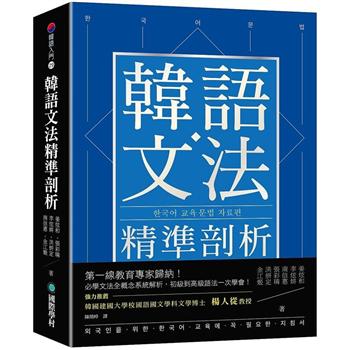This paper is a reading of Ludwig Wittgenstein’s ideas on language that uses silence as a guiding thread. Our aim is twofold: the first is to identify the forms of silence in the life and work of the Austrian philosopher as an attempt to understand the author and his idiosyncratic style, marked by unsystematic and aphoristic writing; the second is to identify the forms of silence expressed in the learning of school mathematics based on Michael Peters’ assertion that there is pedagogical potential in the way the philosopher undertakes his critique. We seek, through an unconventional perspective "shown" by Wittgenstein, to identify the unspoken, show it and unveil the spell through language in the games we play on a daily basis.
| FindBook |
有 1 項符合
The forms of Silence in the life and work of Wittgenstein的圖書 |
 |
The forms of Silence in the life and work of Wittgenstein 作者:Santana 出版社:Our Knowledge Publishing 出版日期:2024-01-20 語言:英文 規格:平裝 / 120頁 / 22.86 x 15.24 x 0.71 cm / 普通級/ 初版 |
| 圖書館借閱 |
| 國家圖書館 | 全國圖書書目資訊網 | 國立公共資訊圖書館 | 電子書服務平台 | MetaCat 跨館整合查詢 |
| 臺北市立圖書館 | 新北市立圖書館 | 基隆市公共圖書館 | 桃園市立圖書館 | 新竹縣公共圖書館 |
| 苗栗縣立圖書館 | 臺中市立圖書館 | 彰化縣公共圖書館 | 南投縣文化局 | 雲林縣公共圖書館 |
| 嘉義縣圖書館 | 臺南市立圖書館 | 高雄市立圖書館 | 屏東縣公共圖書館 | 宜蘭縣公共圖書館 |
| 花蓮縣文化局 | 臺東縣文化處 |
|
|
圖書介紹 - 資料來源:博客來 評分:
圖書名稱:The forms of Silence in the life and work of Wittgenstein
|









